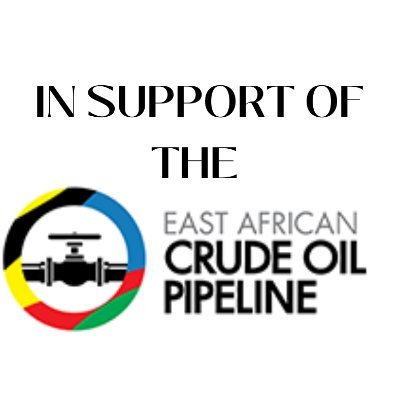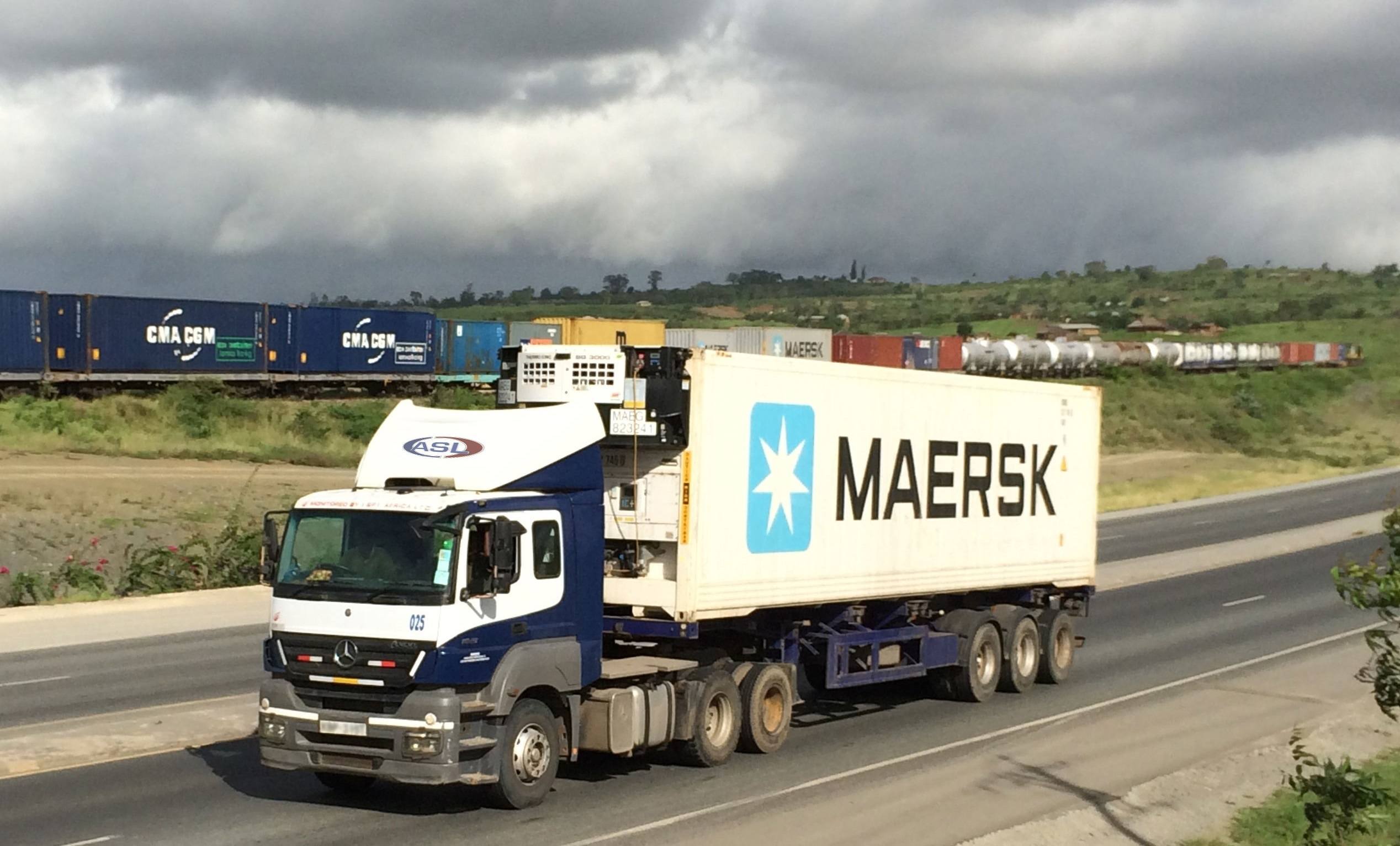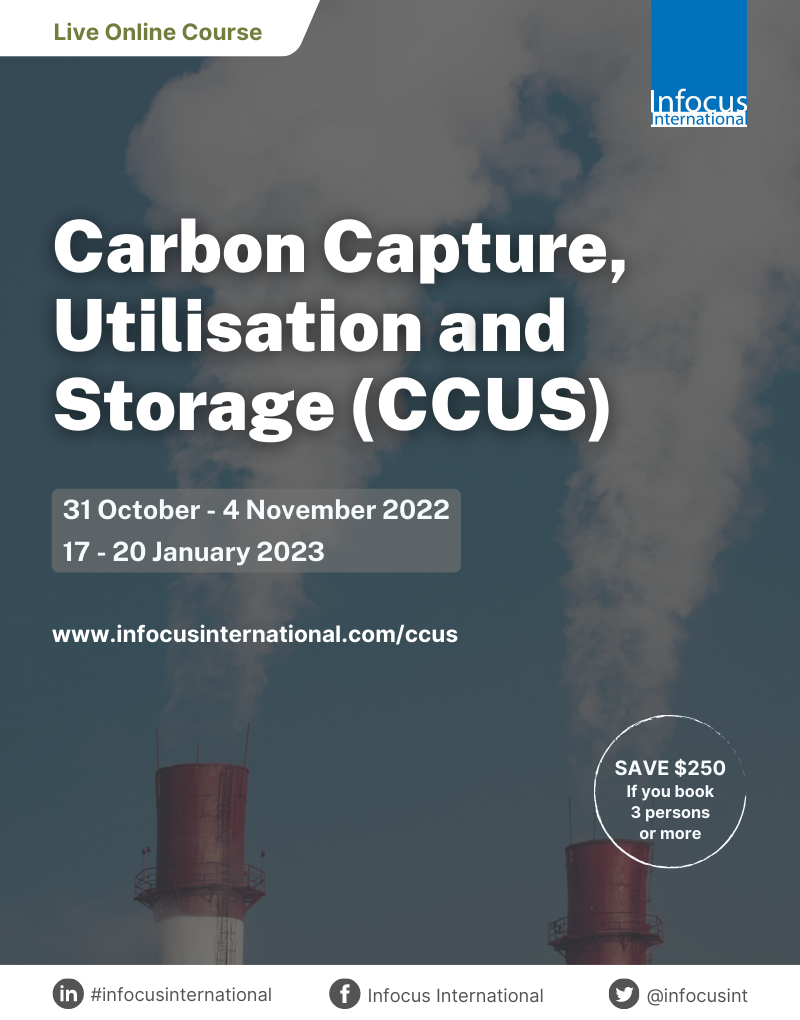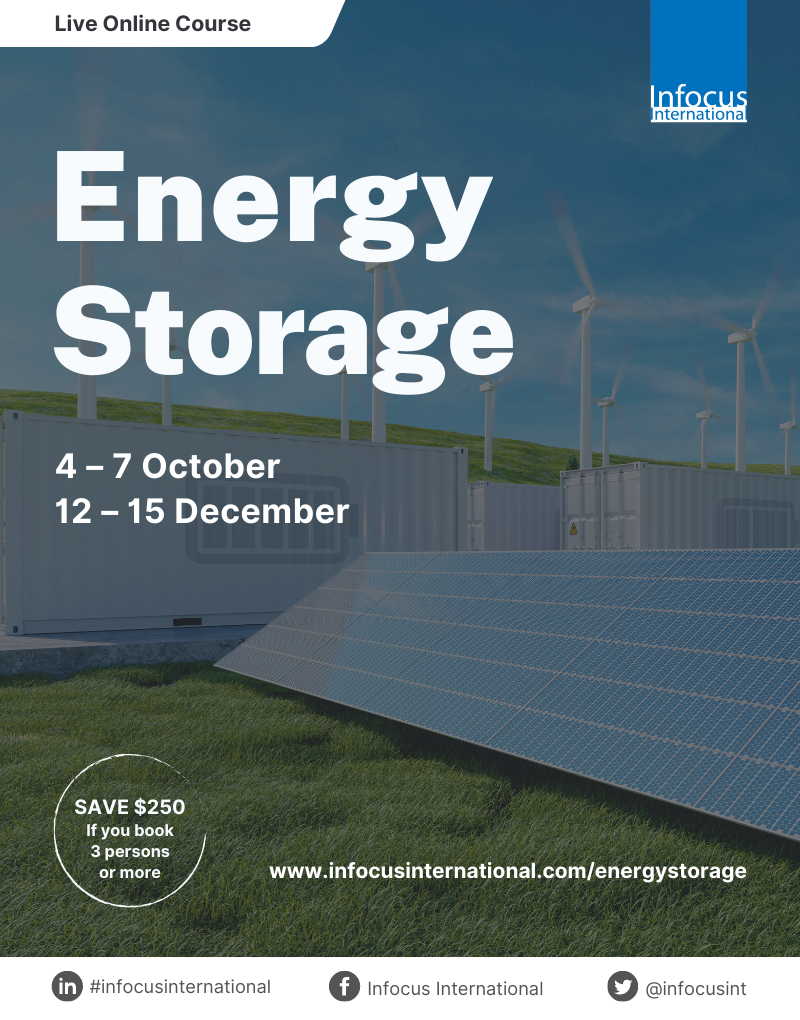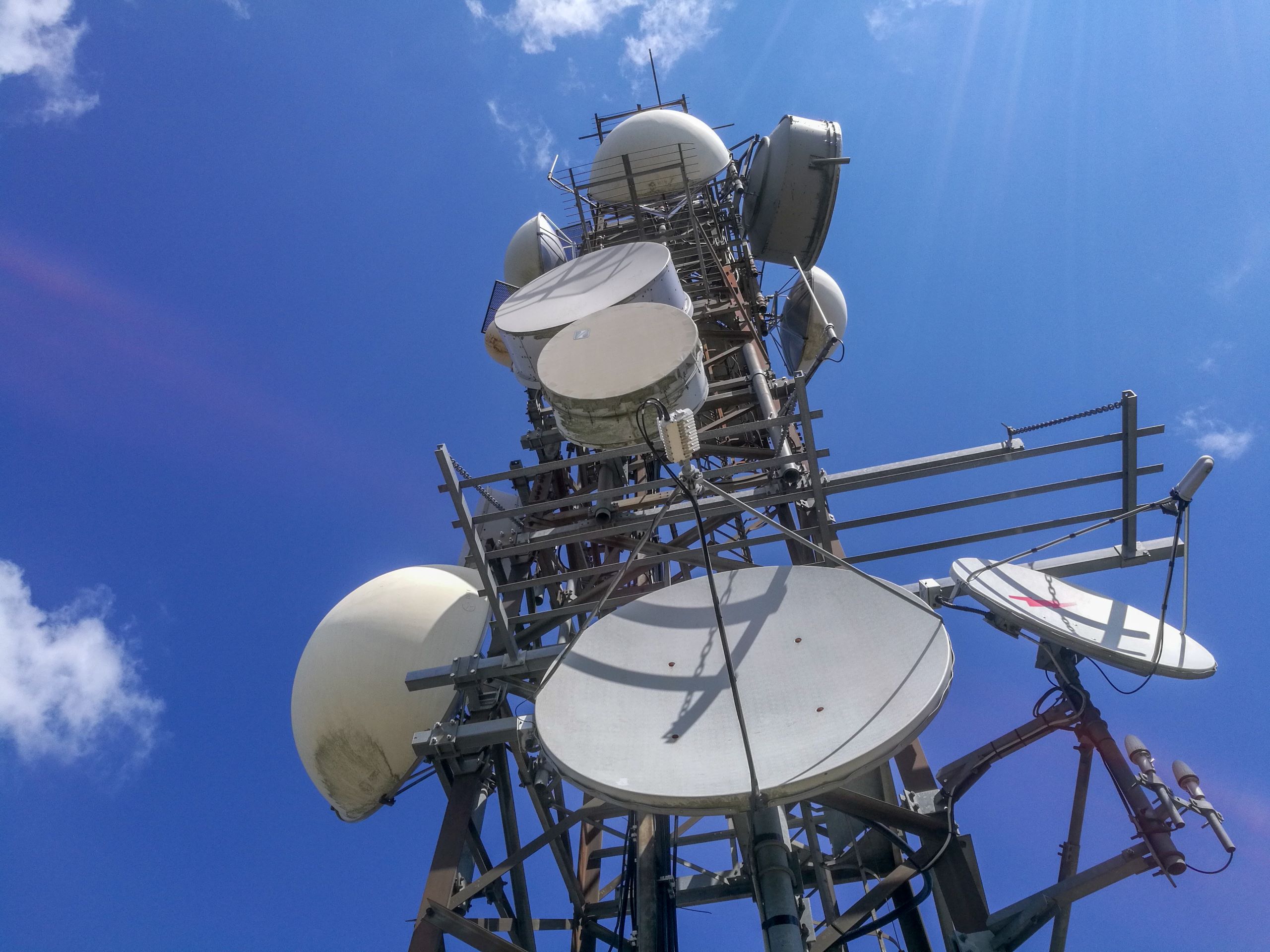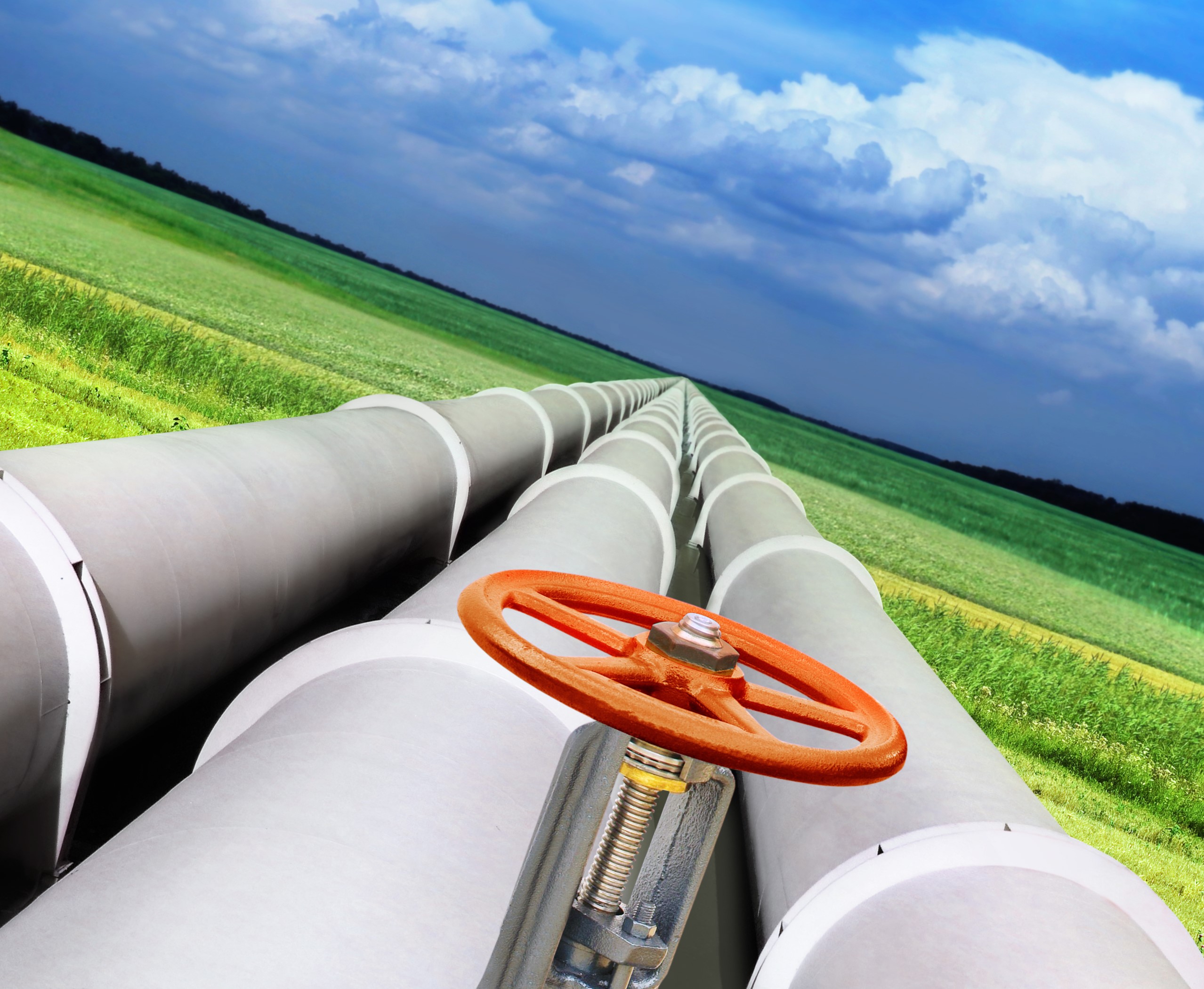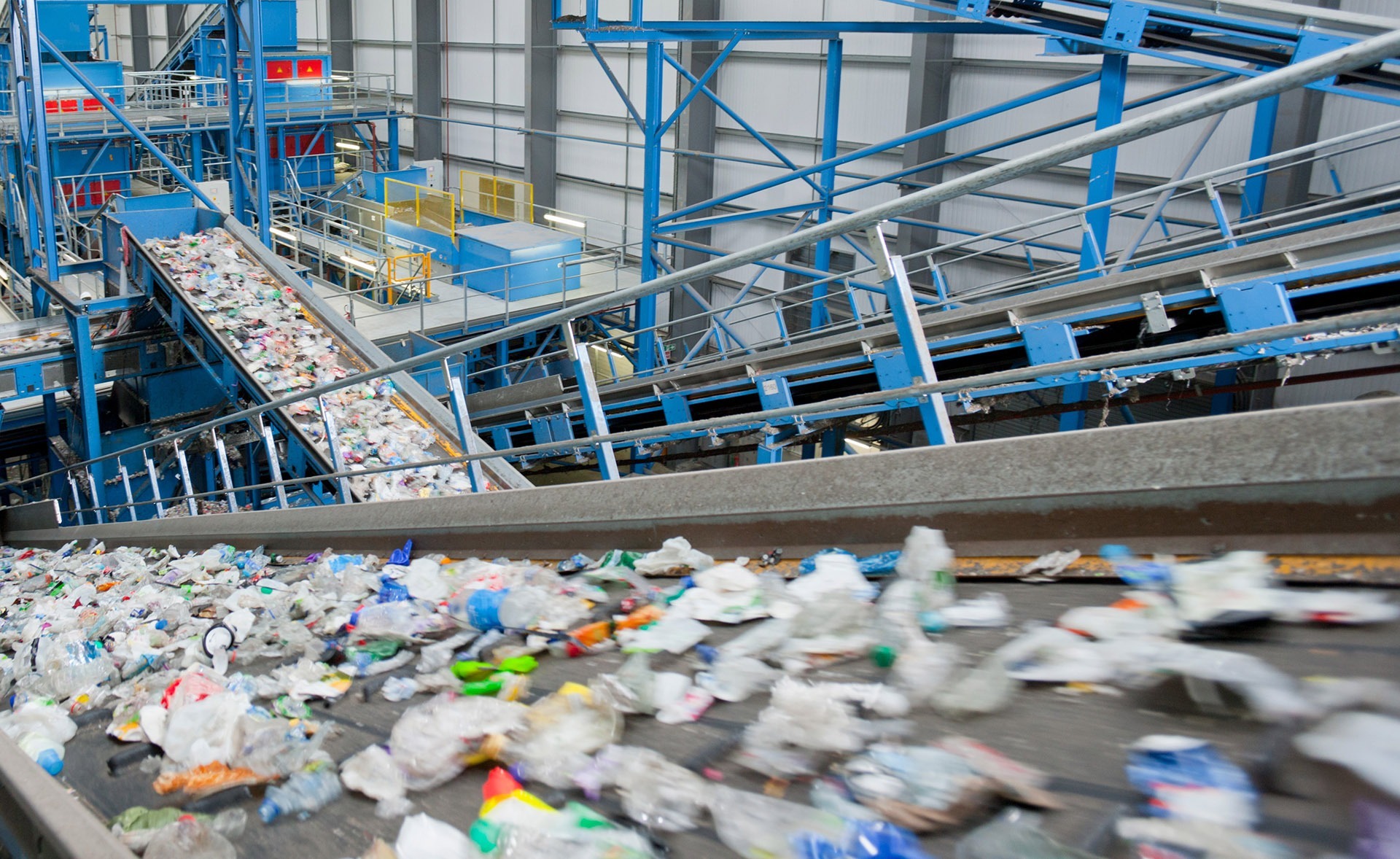Uganda Breweries makers of some of Uganda’s premier beverages, located in Port Bell shores of Lake Victoria has upgraded its effluent treatment plant to handle its expanded production capacity.
The brewer said in a statement that the Shs 20 billion investment effluent treatment plant was made necessary by recent expansion of its original manufacturing plant. “The original ETP was constructed in 2005 to manage a production capacity of 800,000 hectoliters per year. As the business grew over the time, it embarked on an expansion project that was completed in January 2017.”
The plant will purify industrial effluent before it is injected into Lake Victoria. “The plant is purposed to safe guard Lake Victoria; the expansion allows for UBL to comply with local regulatory consent limits and its commitment to the environment for the discharge of waste water at an expanded site production capacity of up to 1.4 million hectoliters per year,” the statement said.
The executive directors of Kampala Capital City Authority (KCCA), the National Environment Management Authority (NEMA), Uganda Manufactures Association (UMA) and the Managing Director of National Water and Sewerage Corporation (NWSC) witnessed the official inauguration of the plant.
“Uganda Breweries highly depends on Lake Victoria as all the water we use in our production processes is sourced from this lake. It’s therefore imperative that we do safeguard this resource for our sustainability” said Mark Ocitti- UBL Managing Director.
The water treatment plant filters and purifies waste water to potable state before it is disposed of clean into the lake. This makes Uganda Breweries Limited one of the most environmentally conscious companies in Uganda today.
“UBL has intentionally and purposely set environmental protection in our sights and we continue to daily put in place mechanisms and processes that ensure that as a company, our green foot print leaves lasting changes for our communities. Our Vision 2020 is to see that we eliminate all waste to landfill from our operations by finding better ways to reduce, reuse, and recycle. This treatment plant is one of many ways we go about this” Ocitti said.
Jennifer Musisi Kampala Capital City Authority (KCCA) executive director commended the brewer for the good and exemplary waste management practices and called upon other manufacturers in the city to emulate the environmental good practice.
“In 2011, KCCA set a vision for transforming Kampala into a vibrant, attractive and sustainable city. Environmental Sustainability and Pollution control is a key priority to this agenda. This investment is therefore demonstrating UBL’s commitment and support not only to its obligation to pollution control but also a significant contribution to Kampala’s transformation into a clean, green, habitable and health city,” she said.
“I hope to see more industries investing into innovative solutions to protect our environment, water and health of the people of Kampala. I therefore urge all industries to take this example to make their investments more sustainable” she added.
Beyond the treatment plant, the biogas generated is used as fuel to power the brewery. The brewery gives out the highly fertile sludge – a residue gotten from the process of treating the water to local farmers who use it as a fertilizer at no cost. The new belt now produces about 20 tonnes of manure per day.





